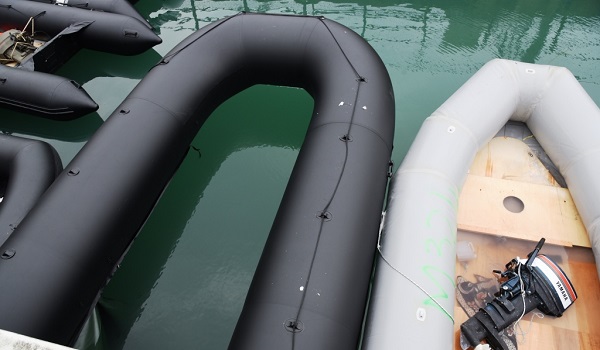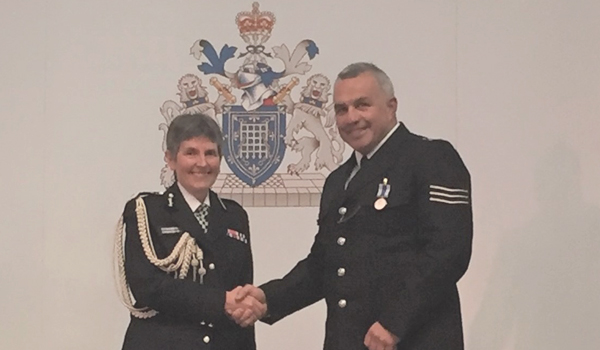Coordinated County Lines crackdown leads to 743 arrests
Intelligence sharing between urban and rural forces involved in a week-long crackdown on County Lines drugs gangs across the country has resulted in 743 arrests – more than any previous national operation.
County Lines drugs gangs use dedicated mobile phone lines to send mass texts to customers and organise networks of couriers, many of whom are children or vulnerable adults, to move the drugs from cities to smaller towns. Senior officers say it has become the predominant business model for drug dealing.
Details of the operation, which ran between October 7 and October 13, have been made public for the first time today (October 18). In addition to the arrests, 49 deal lines were disrupted and 169 weapons were recovered, including 12 guns and various knives, swords and machetes.
A total of £253,200 worth of cocaine, £100,170 worth of crack cocaine and £72,670 worth of heroin were seized. One single ‘line’ in the West Midlands was found to be making profits of £4,000 a day.
Many of those employed by County Lines gangs are being exploited. During the operation, 41 people were flagged up to the national referral mechanism, which assesses potential victims of human trafficking and modern slavery. In total 389 vulnerable adults and 292 children were safeguarded.
The operation was led by the National County Lines Coordination Centre (NCLCC), part of the National Crime Agency (NCA). The operation also made use of intelligence from the NCA and local forces, combined with data from automatic numberplate recognition (ANPR) cameras, which were used to spot dealers moving drugs from major cities to locations where they were being sold. Senior officers compared notes on a daily basis to ensure all intelligence was being properly shared.
Duncan Ball, the National Police Chiefs’ Council lead for County Lines, said: “We know more than we have ever known about the gangs and those people who get exploited as part of county lines activity.
“We will not treat the criminals who run these lines just as drug dealers. We will work tirelessly to prosecute them for these offences but also, where we have the evidence, we will seek to prosecute them for child trafficking under modern slavery laws to reflect the devastating nature of their exploitation of young and vulnerable people.”
Nikki Holland, NCA County Lines lead and director of investigations, added: “The only way we can effectively tackle this national problem is by adopting a whole-system approach, with partners in public health, Department for Education, social care and the charity sector working to prevent that exploitation happening in the first place.”
The Government has announced it will be expandibg the County Lines Coordination Centre, which was set up to provide oversight. The Home Office is also considering whether new laws could target the way County Lines gangs send mass text messages to their customers to advertise drugs.







